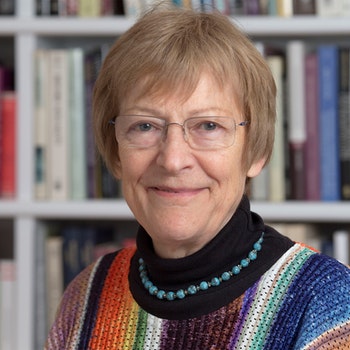

 Princeton University Press
Princeton University Press
Ravenna: Capital of Empire, Crucible of Europe


Key Metrics
- Judith Herrin
- Princeton University Press
- Paperback
- 9780691204222
- -
- -
- History > Europe - Medieval
- English
 Secure Transaction
Secure TransactionBook Description
A riveting history of the city that led the West out of the ruins of the Roman Empire
At the end of the fourth century, as the power of Rome faded and Constantinople became the seat of empire, a new capital city was rising in the West. Here, in Ravenna on the coast of Italy, Arian Goths and Catholic Romans competed to produce an unrivaled concentration of buildings and astonishing mosaics. For three centuries, the city attracted scholars, lawyers, craftsmen, and religious luminaries, becoming a true cultural and political capital. Bringing this extraordinary history marvelously to life, Judith Herrin rewrites the history of East and West in the Mediterranean world before the rise of Islam and shows how, thanks to Byzantine influence, Ravenna played a crucial role in the development of medieval Christendom.
Drawing on deep, original research, Herrin tells the personal stories of Ravenna while setting them in a sweeping synthesis of Mediterranean and Christian history. She narrates the lives of the Empress Galla Placidia and the Gothic king Theoderic and describes the achievements of an amazing cosmographer and a doctor who revived Greek medical knowledge in Italy, demolishing the idea that the West just descended into the medieval Dark Ages.
Beautifully illustrated and drawing on the latest archaeological findings, this monumental book provides a bold new interpretation of Ravenna's lasting influence on the culture of Europe and the West.
Author Bio
Judith Herrin is professor emeritus in the Department of Classics at King’s College London. Her books include Ravenna: Capital of Empire, Crucible of Europe; Byzantium: The Surprising Life of a Medieval Empire; Margins and Metropolis: Authority across the Byzantine Empire; and Unrivalled Influence: Women and Empire in Byzantium
Herrin worked as an archaeologist with the British School at Athens and on the site of Kalenderhane Mosque in Istanbul as a Dumbarton Oaks fellow.[5] Between 1991 and 1995, she was Stanley J. Seeger Professor in Byzantine History, Princeton University.[6] She was appointed Professor of Late Antique and Byzantine Studies at King's College London (KCL) in 1995, and was Head of the Center for Hellenic Studies at KCL.[4] She retired from the post in 2008, becoming Professor Emeritus.[4] She was president of the International Congress of Byzantine Studies in 2011
Research interests
- Byzantine archaeology and other fields including women in Byzantium and Byzantium in relation to Islam and the West.
Source: Princeton University Press and King's College, London
Videos
No Videos
Community reviews
Write a ReviewNo Community reviews